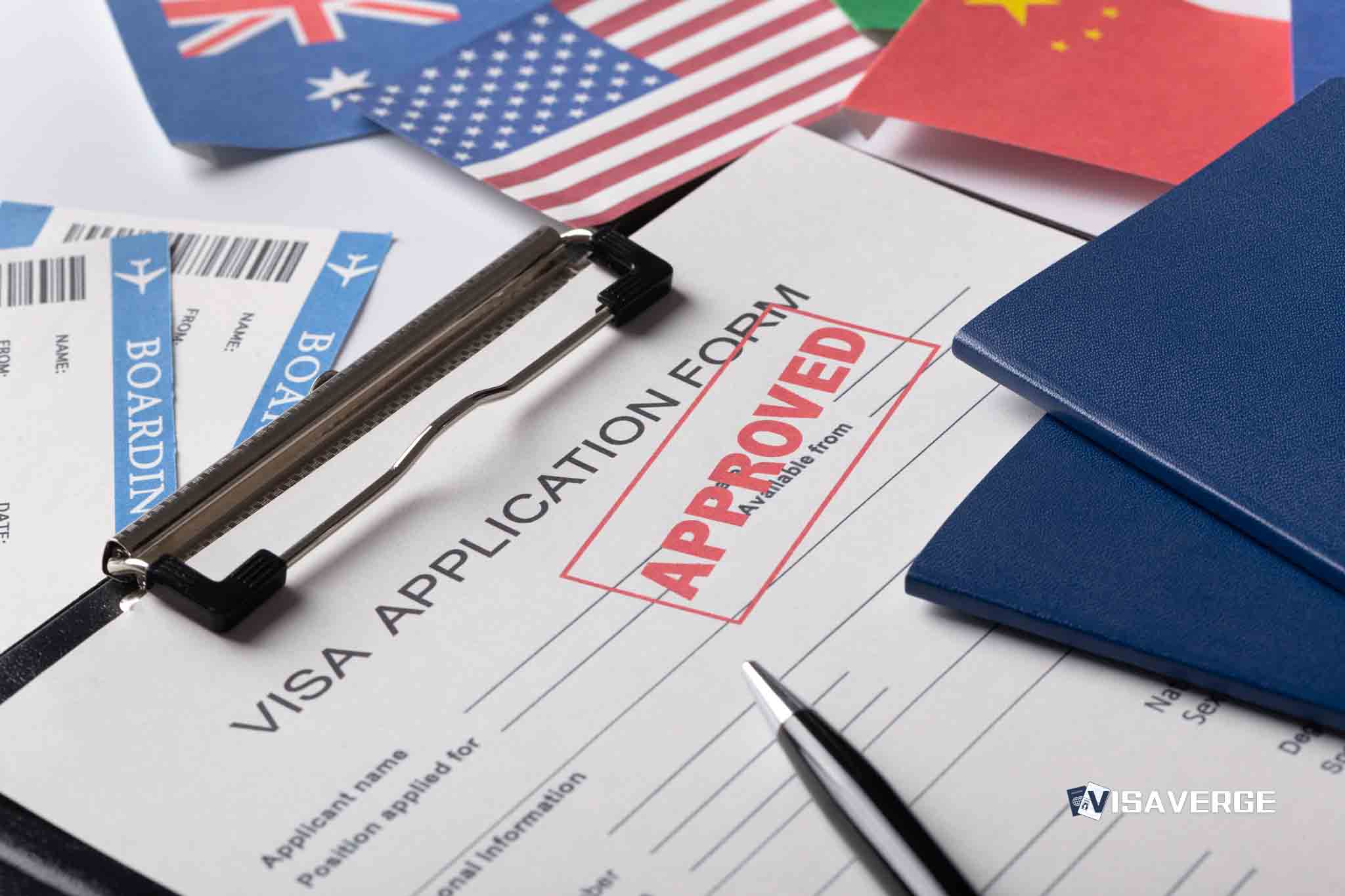Understanding I-140 Qualifications and Petitioning Employer Experience
Are you considering an employment-based visa application and wondering whether you can use your experience with your current employer towards meeting the I-140 qualifications? The United States Citizenship and Immigration Services (USCIS) has specific guidelines for employment-based visas, and it’s important for potential applicants to understand these before proceeding with their visa application.
Employment-Based Visa Application: What You Need to Know
When applying for an employment-based visa, one of the critical steps is the submission of Form I-140, Immigrant Petition for Alien Workers. This form is used by foreign nationals to apply for a green card through an offer of permanent employment in the United States.
Leveraging Petitioning Employer Experience
Many applicants ask if their experience with the petitioning employer can count towards the requirements for the I-140 petition. The answer is nuanced and depends on individual circumstances and job offerings.
Key Considerations for Using On-the-Job Experience
USCIS typically allows work experience gained from the petitioning employer to be included if the following conditions are met:
- Different Position: The experience must have been in a position that is not substantially comparable to the position for which the I-140 petition is filed.
- Progressive Responsibility: There should be evidence of career progression, meaning that the skills and responsibilities required for the new position are distinct from those of the prior role.
- Documented Proficiency: Proper documentation, such as employment letters and performance evaluations, can be leveraged to illustrate that the experience with the petitioning employer has contributed significantly to the applicant’s qualifications for the new role.
How to Ensure Your Experience Counts
It’s advisable to collect detailed documentation that demonstrates how your previous role with the petitioning employer has provided relevant experience for the new position. This can include:
- Letters from supervisors or HR detailing your previous job duties
- Evidence of any promotions or increases in responsibility
- Training certificates or records of additional qualifications obtained
- Performance reviews that clearly differentiate between your past and proposed future roles
Resources for Accurate Information
The USCIS website is an invaluable resource for accurate and up-to-date information regarding employment-based visa applications. For those looking into the I-140 qualifications and the usage of petitioning employer experience, the USCIS Policy Manual (visit the USCIS Policy Manual) provides detailed guidance.
In conclusion, it is indeed possible to use experience gained with your petitioning employer towards fulfilling I-140 qualifications as long as it aligns with the USCIS stipulations mentioned above. Make sure to document your experience comprehensively and seek guidance from immigration experts or attorneys when preparing your employment-based visa application.
Remember, your career journey is unique, and your contributions to your current employer can potentially pave the way to a successful visa petition. Taking the time to understand guidelines and prepare a thorough application can help you realize your ambitions in the United States.
So there you have it, folks! The I-140 qualifications and using petitioning employer experience can be a bit of a puzzle, but with the right pieces in place, you can make it work. Just remember to gather all the evidence, document your career progression, and show off those skills like a pro. And for even more juicy details, head over to visaverge.com. They’ve got all the insider info you’ll need to make your employment-based visa dreams come true! Good luck! 🌟
FAQ’s to know:
FAQ 1: Can I use my experience with my current employer towards meeting the I-140 qualifications?
Yes, you can potentially use your experience with your current employer to meet the qualifications for the I-140 petition. However, there are certain conditions to consider. The experience must be in a position that is different from the one for which the I-140 petition is filed, there should be evidence of career progression, and proper documentation should be provided to show that the experience contributed significantly to your qualifications for the new role.
FAQ 2: What documentation should I collect to ensure my experience counts towards the I-140 qualifications?
To ensure that your experience with your petitioning employer counts towards the I-140 qualifications, it is advisable to collect detailed documentation. This can include letters from supervisors or HR detailing your job duties, evidence of promotions or increases in responsibility, training certificates or records of additional qualifications obtained, and performance reviews that clearly differentiate between your past and proposed future roles.
FAQ 3: Where can I find accurate information about employment-based visa applications and I-140 qualifications?
For accurate and up-to-date information regarding employment-based visa applications and I-140 qualifications, the USCIS website is a valuable resource. The USCIS Policy Manual provides detailed guidance on these matters. You can visit the USCIS Policy Manual at uscis.gov/policy-manual. It is also recommended to seek guidance from immigration experts or attorneys when preparing your employment-based visa application to ensure you have the most updated and accurate information.
What did you learn? Answer below to know:
- True or False: Work experience gained with the petitioning employer can be included towards meeting the I-140 qualifications for an employment-based visa.
- What are the key considerations for using on-the-job experience towards fulfilling the I-140 requirements?
a) Similar position, limited responsibility, documented proficiency
b) Different position, progressive responsibility, documented proficiency
c) Similar position, progressive responsibility, limited documentation
d) Different position, limited responsibility, limited documentation - How can applicants ensure their petitioning employer experience counts when applying for an employment-based visa? Provide one example.














